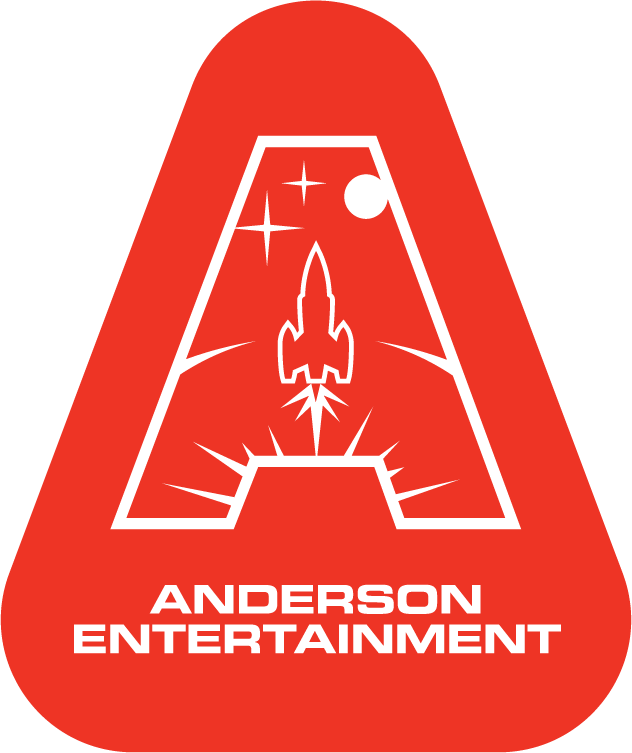Welcome to our Stingray Deep Dives! As we celebrate super-sub’s 60th anniversary, we asked you to pick your favourite episodes of Gerry and Sylvia Anderson’s classic 1964 sci-fi underwater series that should receive in-depth, analytical retrospectives. Based on your picks, we’ve collated a top 10 selection of Stingray’s greatest episodes to receive a review – as voted for by you!
We’re continuing our countdown of Stingray’s top 10 episodes with an episode that pushes how surreal Stingray could be when Troy, Phones and Marina are sent on a curiously unexplained mission by Commander Shore. Stingray shrinks! The trio grows into giants! But all around them, the world is larger still! What goes on?!
Stingray’s strangest episode?

Tom Thumb Tempest ticks off several required elements that were characteristic of Supermarionation series up to this point. Episodes with plots framed as dream sequences and others having the puppet characters interact with genuine, human-sized sets were common novelties in Supercar and Fireball XL5, and Tom Thumb Tempest weaves the two odd concepts into a satisfying whole. Tom Thumb Tempest marks the last instance of having the Supermarionation puppets in a human set, but dream sequences would continue until The Secret Service.
Despite its comically outrageous story, Tom Thumb Tempest isn’t quite as reliant on humour as Titan Goes Pop. Instead, the jeopardy of Troy, Phones and Marina seemingly finding themselves at a banquet involving Titan and his antagonistic underwater allies is played mostly straight, with the episode firmly embracing its unsettling surreal nature. It rarely gives the audience much clueing in that we’re in the midst of a dream of Troy’s. Compared to Supercar and Fireball XL5, Stingray boasts three dream episodes, all written by Alan Fennell, showcasing a touch of deft humour from the writer.
If dream episodes were a creative experiment to dive into tonal territory otherwise not negotiable elsewhere in their respective series, then it’s weird that a series so naturally embracing of humour as Stingray felt compelled to tap into the surrealist opportunities that dream episodes offered. When you’ve already gone as strange as Subterranean Sea or The Ghost Ship, why do you need dream episodes?
Dream plots and life-sized sets

What makes Tom Thumb Tempest so oddly effective is the double-takes it has you doing. Little emphasis is placed on Stingray journeying through the depths of the oceans on its latest mission, only to eventually find itself within a fish tank. Little emphasis is placed on Troy, Phones and Marina vacating Stingray to investigate, but suddenly discovering that Stingray has shrunk. Or has it? Haven’t they just gotten larger? The audience assembles the situation just as much as the Stingray crew, a sort of meta-fictional curve-ball being thrown at characters and viewers alike in absorbing the disquieting nature of the situation we’re all in.
The characters being forced to navigate this suddenly enlarged world perfectly gift Tom Thumb Tempest with an abundance of visual gags. The dining room they find themselves in becomes as otherworldly a landscape as any subterranean ocean. The towering dining table legs are as imposing as any underwater rockface, while the colourful flowers adorning the table are as exotic as any underwater fauna. The Stingray crew’s attempts at concealing themselves from X-20 and a Tuxedo-wearing Aquaphibian are a delightful role reversal for the otherwise dominant terraneans. The hunters now become the hunted. Indeed, the shrunken Stingray nestled in a fish tank, able to be lauded over by Titan and his party like a pet goldfish, is a whole punchline in itself.

The presence of X-20 himself in Troy’s dream is a curious wobble of continuity. Has Troy, or indeed any WASP personnel, ever actually met X-20 in the green flesh? Troy and Phones in particular have encountered the surface agent in his many disguises, but have they ever met the man himself? How would Troy know what X-20 sounds and looks like if he’s never met him?
As the episode progresses, the offbeat illogicalness swells. The use of tilted Dutch camera angles during Troy and Phones’ attempts to contact Marineville via an old-fashioned rotary telephone increases the inescapable bizarreness of the whole scenario. Eventually, the trio discover that the cause of Titan’s get-together is because Titan has inexplicably secured detailed schematics of Marineville and with them, would be able to devastate Marineville’s defences. Attempting to destroy the plans sets the room itself ablaze, but the danger doesn’t end there. Inexplicably managing to return to Stingray, back to normal size, the only possible option is to break the glass tank they’re trapped in. Troy’s dream sequence ends on the cliff-hanger of Stingray launching its missiles, giving us a rare and exquisite overhead shot of the craft in action.
Absurd misdirection or satisfyingly comical?

Stumbling out of this nonsensical narrative, Troy awakens safely back in the standby lounge. The preceding events had all been an anxiety-induced dream. There’s the case to be made that Tom Thumb Tempest robs us of a fiery climax by refusing to reveal just what might have happened when Stingray broke free of its shrunken imprisonment, but, just like Troy, how many of us have awoken before we get to find out how our dreams wrap up? In an episode full of misdirection, pulling the rug from under our feet at the last possible moment is a perfectly suitable way to end the episode on.
Tom Thumb Tempest is one of several episodes we’ve been exploring across the Stingray Deep Dives that offers definitive proof that plenty of Stingray‘s everlasting charm isn’t exclusively bound to the series’ special effects. Stingray‘s prioritisation of character, humour, film-making craft and playful tone in its writing allows episodes like Tom Thumb Tempest to be as engrossing as some of the series’ more traditionally well-loved episodes. Given that this episode was voted as the second most popular episode to be covered in this series of retrospectives, the absurdity of Tom Thumb Tempest not only pays off, but continues to resonate with fans.
To be the first to hear about the latest news, exclusive releases and show announcements, sign up to the Anderson Entertainment newsletter!








Leave a comment